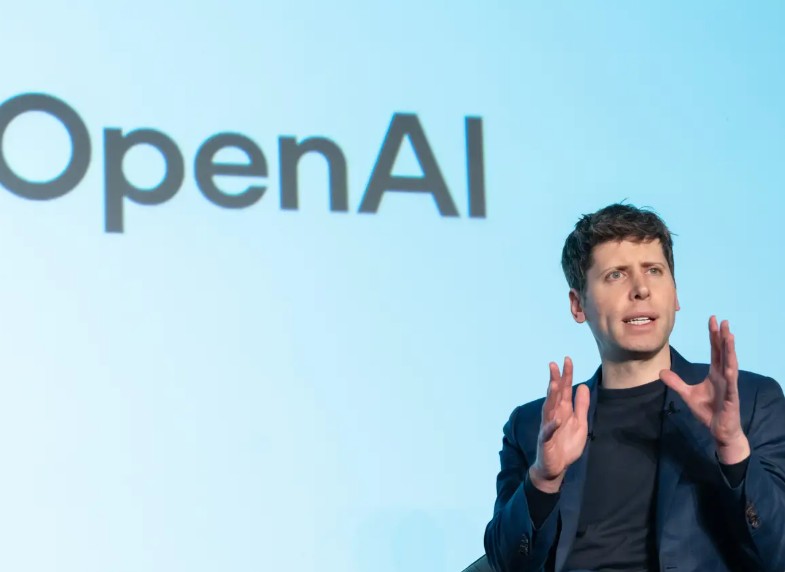OpenAI Unveils GPT-5: ChatGPT Now Said to Be ‘PhD-Level’ at Coding and Writing
OpenAI has launched GPT-5, its most advanced version of ChatGPT yet, claiming it can now think and respond like a PhD expert.
The company calls it “smarter, faster, and more useful”. Chief executive Sam Altman says the leap is unlike anything seen before. “I think having something like GPT-5 would be pretty much unimaginable at any previous time in human history,” Altman said ahead of Thursday’s launch.
The release ramps up competition in the AI world. Elon Musk has been touting his Grok chatbot as “better than PhD level in everything”. OpenAI insists GPT-5 isn’t just clever — it’s more accurate, less likely to make things up, and far better for programmers.
From Chatbot to Coding Partner
GPT-4 was already a popular tool for developers. GPT-5 takes it up a gear. This is ChatGPT 5 coding with sharper reasoning, the ability to build entire pieces of software, and a knack for showing its working like a careful tutor.
Altman described the jump in relatable terms: “GPT-3 sort of felt to me like talking to a high school student… 4 felt like you’re kind of talking to a college student. GPT-5 is the first time that it really feels like talking to an expert in any topic, like a PhD-level expert.”
Not everyone is convinced the hype matches the reality. Professor Carissa Véliz from Oxford’s Institute for Ethics in AI warned that, despite the impressive tech, real profitability remains elusive.
“These systems, as impressive as they are, haven’t been able to be really profitable… There is a fear that we need to keep up the hype, or else the bubble might burst, and so it might be that it’s mostly marketing.”
Gaia Marcus from the Ada Lovelace Institute pointed to another concern — the lack of matching regulation: “As these models become more capable, the need for comprehensive regulation becomes even more urgent.”
Early Reactions and Industry Pushback
The BBC’s Marc Cieslak had a sneak preview of GPT-5 and found it familiar, though smarter under the hood. “Apart from minor cosmetic differences, the experience was similar to using the older chatbot… this seems more like an evolution than a revolution for the tech.”
Getty Images’ Grant Farhall raised the issue of authenticity, saying the industry must protect creators as AI content becomes harder to spot from the real thing.
Meanwhile, rival AI firm Anthropic has already clashed with OpenAI, cutting off its access to coding tools and accusing it of breaking rules. OpenAI says it was only doing standard testing of competitors’ systems.
A Softer Side to ChatGPT
Alongside the tech upgrade, OpenAI is changing how ChatGPT handles personal questions. It will now avoid giving direct answers to sensitive topics, instead guiding users through their options.
Altman acknowledged that as AI becomes more personal, society will need to set new boundaries. “This is not all going to be good, there will still be problems… Society will have to figure out new guardrails. But the upsides will be tremendous.”
GPT-5 began rolling out to all users on Thursday, with a free version available. In the coming weeks, we’ll see if it really delivers on its “PhD-level” promise, or if it’s just the latest shot fired in the tech industry’s race to build the smartest chatbot.






